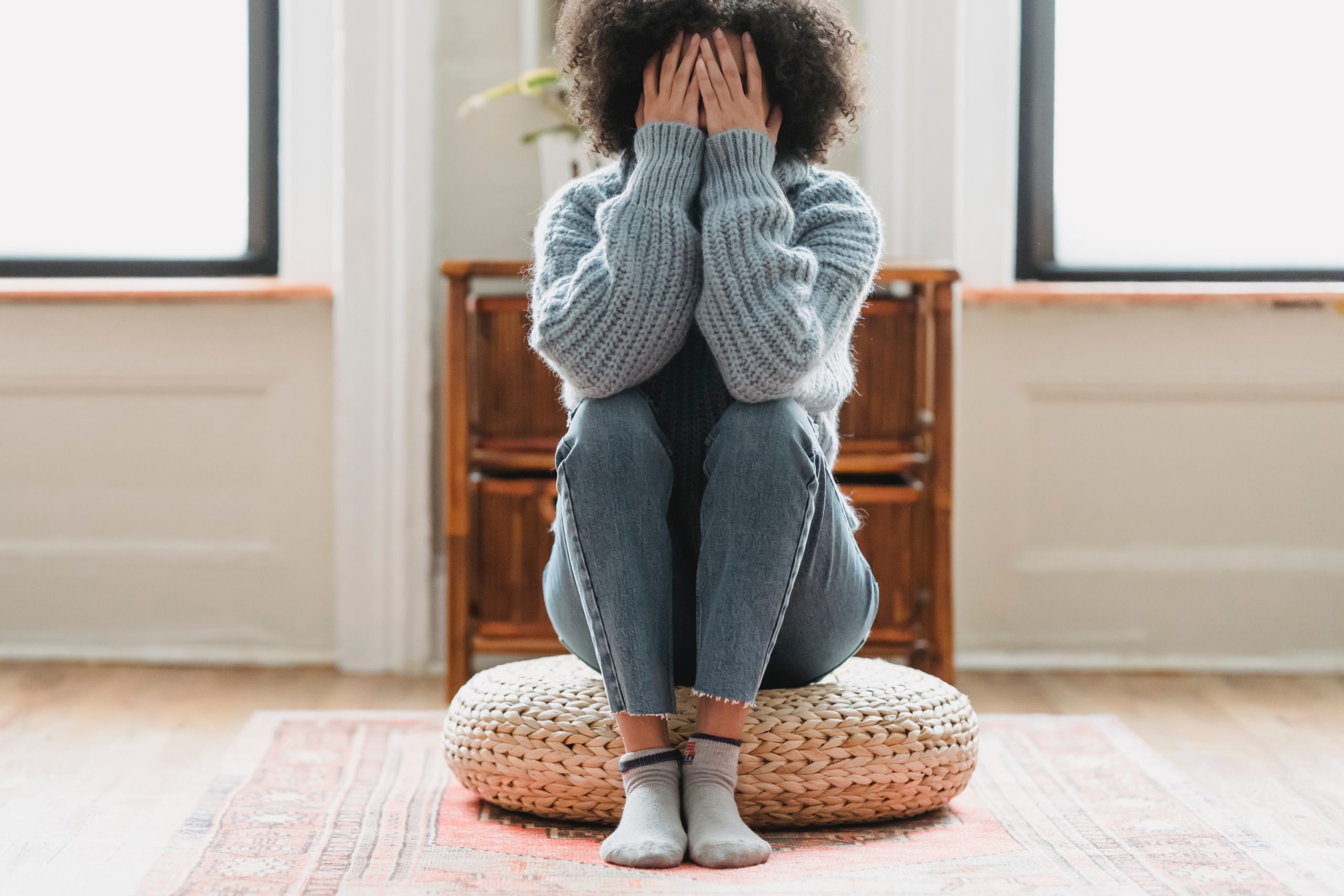What Causes Depression?

By Lauren Krouse
Researchers are still sorting out what causes depression, but we do know there’s not one set cause for depression and sometimes there is no specific or obvious reason for it. There are, however, some things that can increase the chances someone will experience it, including:
- Biology: There are chemicals in your brain—such as serotonin and dopamine—that directly affect your mood and how you process emotions. How brains produce and use these chemicals is different for different people, and it can increase the chance you could have depression.
- Family history: Having parents or siblings with depression can put you at higher risk.
- Feeling isolated or rejected from friends or family: LGBTQ teens, for example, are more likely to experience isolation or a lack of acceptance from friends and family—as well as harassment and violence as they grow up—which puts them at risk of developing depression and other mood disorders. It has nothing to do with who they are and everything to do with how they are treated by others.
- Childhood trauma: Growing up in a stressful environment can increase your risk of experiencing a mental health condition. Adverse childhood experiences (ACES) such as having abusive or neglectful caregivers or growing up with an adult who struggles with a mental health condition or alcohol or drug use can increase your risk of depression.
- Other health conditions: Chronic illness, chronic pain, anxiety, and attention-deficit hyperactivity disorder (ADHD), among other conditions, sometimes come with depression. Other conditions, such as an underactive thyroid (hypothyroidism), can sometimes look like depression. Certain medications can also cause depression symptoms as a side effect.
- Substance use: It’s not uncommon to use alcohol or drugs to cope or self-medicate when you’re struggling emotionally, but it can increase your risk of depression and make it harder to know if your treatment is working.
Learn more about depression from the National Alliance on Mental Illness.
Who Gets Depressed?
Depression can sometimes make you feel alone, but you’re not. Anyone can experience depression, and about 280 million people around the world are living with it. Research also shows that depression is on the rise.
Teens and young adults are the most likely age group to report having major depression, and three-quarters of them have symptoms that make it hard to get through their usual daily activities.
Some teen and young adult groups are more likely to struggle with depression, including:
- Girls and young women. Girls and young women are nearly three times as likely as boys and young men to report that they struggle with depression. This could be linked to reproductive and hormonal changes over time, as well as stress related to work, relationships, gender norms, and a greater likelihood of being sexually abused or not having enough money to cover clothes, food, or rent.
- Native American, Native Alaskan, and multiracial teens. Native and multiracial teens report experiencing more depressive episodes than their peers of other races. Ongoing struggles and stress due to trauma passed down generation to generation, growing up without enough money for necessities, and lack of access to health care have been linked to high rates of depression, mental health conditions, and suicide in these communities.
- LGBTQ teens. Gay, lesbian, and bisexual teens are twice as likely to experience ongoing sadness or hopelessness than their straight peers. Transgender youth are twice as likely to report symptoms of depression, and are more likely to have suicidal thoughts or attempt suicide than their cisgender peers. Discrimination, attacks on civil rights, harassment, and family rejection all make it more likely that someone could experience depression as a result.
All of Us Deserve Support
If you suspect you or someone you love could be depressed, don’t let stigma, the belief that you can get through this on your own, or other obstacles keep you from getting the help you need. Everyone needs help sometimes, especially when you’re struggling.
If you’re ready to give yourself the same care you’d want to give someone else or be the bridge a loved one needs to connect with a professional health-care provider, you have options.
Check out these articles to learn more about depression and get the help you—or someone you care about—needs:
What’s the Difference Between Sadness and Depression?
How Do I Know If It’s Depression?
Different Types of Depression: What’s the Difference Between Mild, Moderate, and Severe?
How Is Depression Diagnosed and Treated?
6 Tips for Managing Depression
What Is the Connection Between Suicide and Depression?






